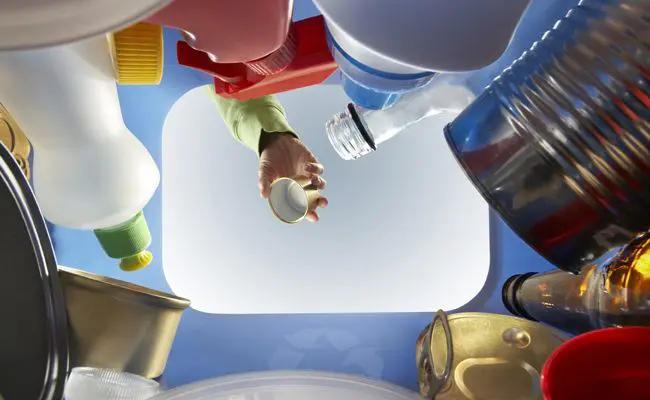Brexit offers fresh opportunities for the UK and its manufacturers to secure their raw materials, such as recycled plastics, from a stable domestic market and to stimulate a circular flow of materials, according to Axion Polymers.
The UK plastics recycler suggests that potential difficulties in transporting material across borders after 29 March 2019 should become a driver for growth in the domestic market as purchasers seek to reduce risk from an inward material supply chain.
Director Roger Morton says freedom from regulatory controls and external policies, coupled with the UK’s ability to set its own rules, could encourage greater investment and enable the UK to ‘get ahead of the rest of Europe’ in material recovery and resource security – provided there is strong Government leadership.
Axion produces high-grade recycled polymers derived from end-of-life vehicles at two sites in Manchester. Plastics are extracted from end-of-life cars and other metal scrap at its SWAPP facility in Trafford Park and further refined at Salford, where recent laboratory equipment investment is further enhancing the products’ properties and quality.
Good news
Mark Keenan, Axion Polymers Business development manager says: ‘With 31.5 million cars currently on UK roads, our future end-of-life vehicle feedstock for our recycled polymers is assured. This can only be good news for UK companies seeking to use locally-sourced plastic raw materials that can go back into a range of products, from new cars and electrical equipment to construction products.’
‘Brexit is inevitable,’ Morton insists. ‘Although complications could arise, we are taking a positive approach. British companies should focus on the opportunity that leaving the EU offers and how we can make the most of our resource-sustainable position.’
Investment boost
A good example, he points out, is steel. With annual consumption of 12 million tonnes versus annual arisings of 11.5 million tonnes, he believes this market could be much more circular than the existing model of exporting scrap and importing finished products. Similarly, greater demand for the use of recycled polymers in new automotive, electrical and building products could encourage further investment in more processing plants such as Axion’s.
While quality controls such as REACH regulations and other standards should remain ‘mirrored with Europe’, Morton suggests there could be an opportunity to take the lead ‘by designing and implementing a set of regulatory measures that drive the transition to a circular economy here’.
Such measures could involve modulated producer responsibility obligations for brands that make the effort to change to recyclable designs and/or utilise high levels of recycled content. ‘This would require vision and a brave government with strong leadership. But in an uncertain world, what’s certain is that material would be available in the UK for use in the UK,’ he says.
Shortage of capacity
According to the Axion director, one of the long-term benefits of Brexit should be an end to the mass exports of waste plastic packaging and electronics, and the start of investment in a recycling infrastructure in the UK as an ‘environmental goal’. While 63% of collected UK plastic packaging resources is currently exported, the country is short of around 10 to 15 large-scale recycling plants to handle that volume, he adds.
Nor is there, he argues, sufficient energy-from-waste capacity to handle the low-grade reject plastic stream produced by recyclers – around 50% of their waste in-feed tonnage. Strategic government thinking and stable long-term policy measures and clear goals for the five to ten years’ will be needed to drive this change.
Opportunities
Morton suggests there is an opportunity for the UK Government to drive the development of demonstration and pilot plants when the UK is free of state aid regulations that prevent preferential treatment.
‘UK businesses need to wake up to these future possibilities and start talking to suppliers like us that can offer a secure supply of material. It’s competitive on price and performs to the same standard as virgin material,’ he maintains.
Axion has seen an increase in enquiries in recent months and there is considerable interest from UK manufacturers in what the company can offer. ‘Despite current uncertainty around Brexit, we remain upbeat about the opportunities to trigger more material moving within the circular economy in the UK,’ says Morton.
Don't hesitate to contact us to share your input and ideas. Subscribe to the magazine or (free) newsletter.



